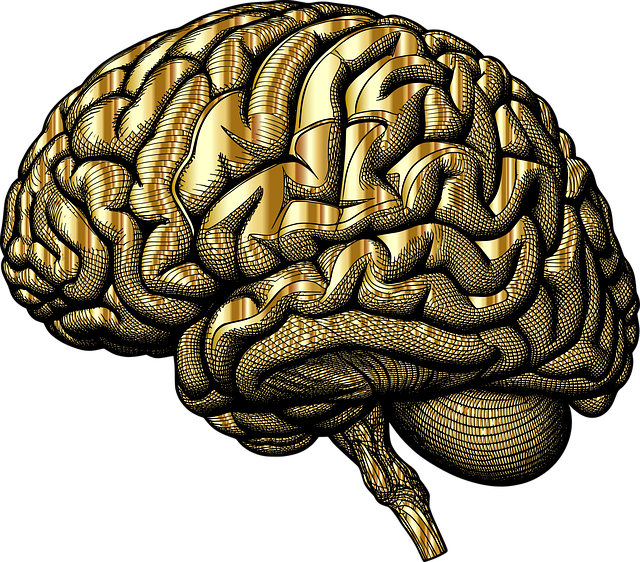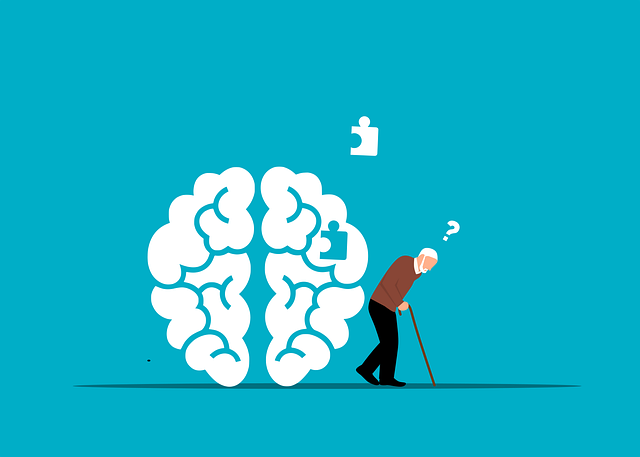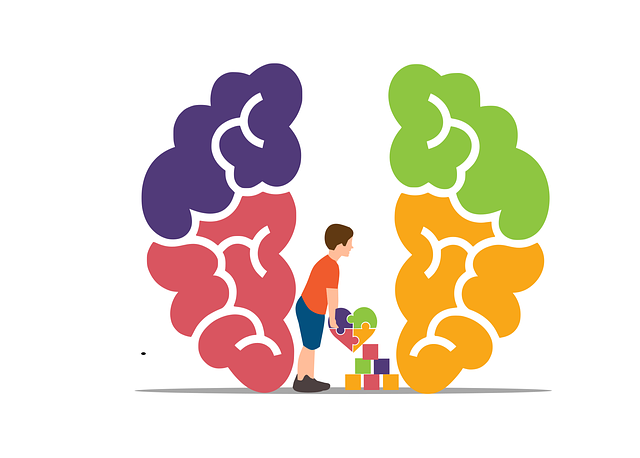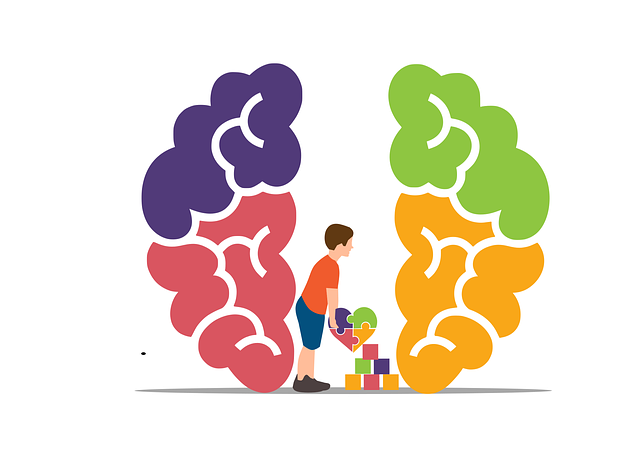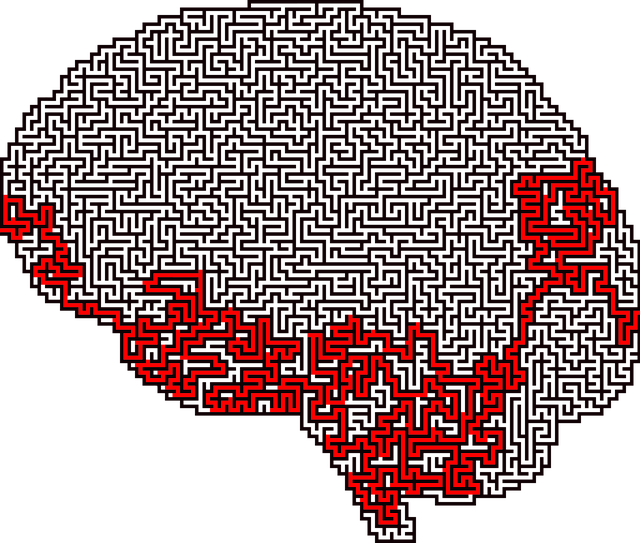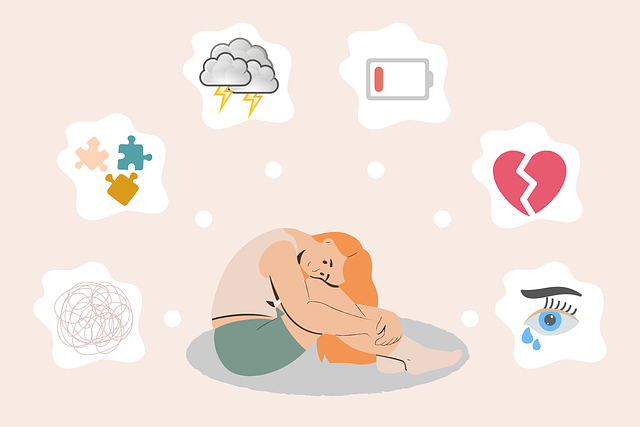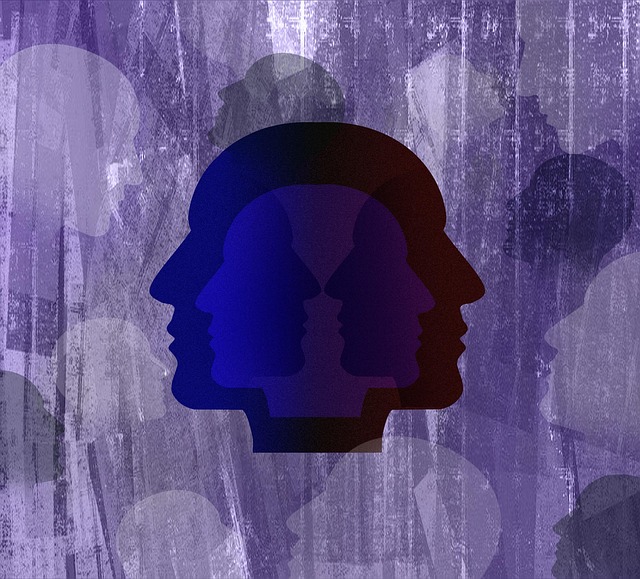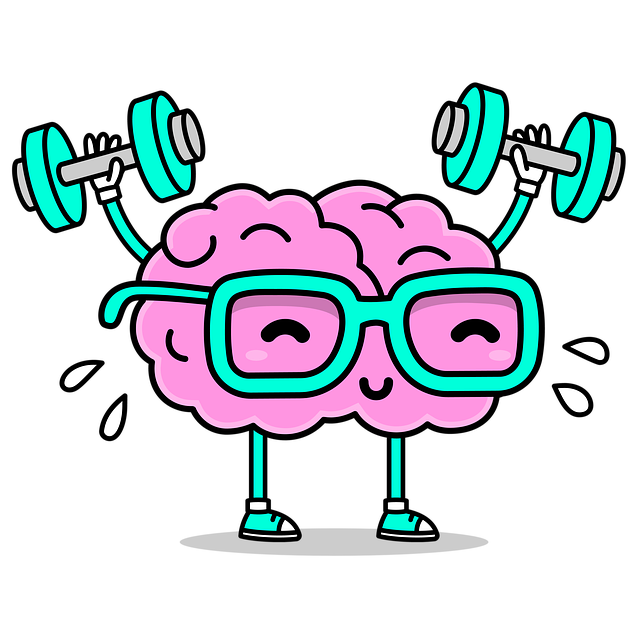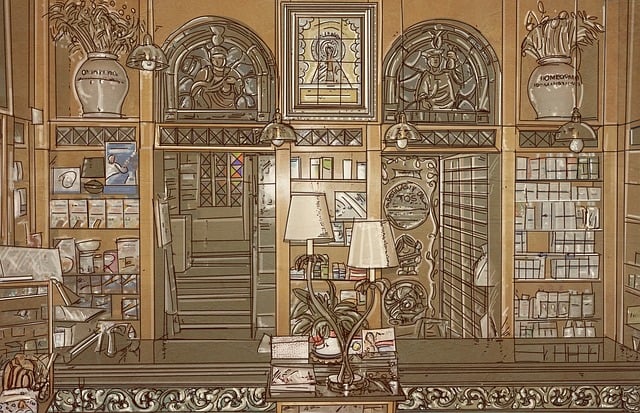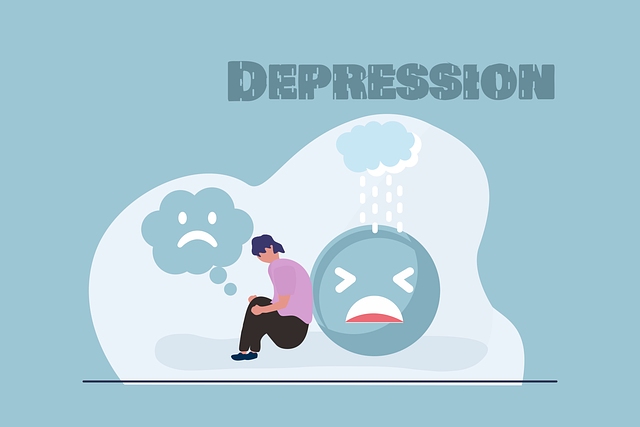Personalized therapy apps offer 24/7 support and tailored tools for managing bipolar disorder (BD), enhancing emotional intelligence through mood tracking, journaling, cognitive-behavioral techniques, and mindfulness practices. These apps reduce mental illness stigma by fostering open dialogue and community building. Key to effective design is an intuitive interface, cultural sensitivity, and continuous improvement based on user feedback and research. Implementing robust risk management ensures a safe environment for long-term engagement in superior BD therapy.
In today’s digital age, mental wellness app development is revolutionizing bipolar disorder therapy. This article delves into the crucial aspects of creating personalized therapy apps, focusing on understanding bipolar disorder and integrating effective design considerations. We explore features that enable superior bipolar disorder therapy, from mood tracking to cognitive behavioral therapy (CBT) integrations. Additionally, we outline a comprehensive development process, highlighting post-launch improvements for continually enhancing these essential tools in the fight against mental health challenges.
- Understanding Bipolar Disorder and Personalized Therapy Apps
- Features and Design Considerations for Effective Mental Wellness Support
- Development Process, Launch, and Continuous Improvement for Superior Bipolar Disorder Therapy Apps
Understanding Bipolar Disorder and Personalized Therapy Apps

Bipolar Disorder, a mental illness characterized by extreme mood swings, is a complex condition that requires tailored approaches to treatment. Personalized therapy apps offer a promising solution for managing this disorder, providing individuals with accessible and effective tools for their emotional well-being. These apps aim to deliver superior Bipolar Disorder therapy by offering round-the-clock support, allowing users to track moods, set reminders for medication, and access therapeutic exercises tailored to their unique needs.
By integrating features like mood journaling, cognitive-behavioral techniques, and mindfulness practices, these digital platforms foster Emotional Intelligence and promote self-awareness. Moreover, they contribute to Mental Illness Stigma Reduction Efforts by encouraging open dialogue about bipolar experiences, fostering a sense of community, and normalizing the pursuit of mental wellness. Through such innovations in Mental Wellness Coaching Programs Development, individuals can take control of their mental health journey, leading to improved symptom management and an enhanced overall quality of life.
Features and Design Considerations for Effective Mental Wellness Support

When developing a mental wellness app, prioritizing features that cater to a wide range of user needs is essential for providing effective support. Incorporate tools for tracking moods and symptoms, offering personalized coping mechanisms tailored to individual experiences, especially those with bipolar disorder. For instance, incorporating mood journaling with advanced analytics can help users identify patterns and triggers, enabling them to manage their mental health more proactively.
Design considerations should focus on creating an intuitive, user-friendly interface that fosters engagement and encourages consistent use. Incorporating elements of self-care practices and compassion cultivation techniques, such as mindfulness exercises and guided meditation, enhances the app’s therapeutic value. Furthermore, ensuring cultural sensitivity in mental healthcare practice by incorporating diverse perspectives and representations is vital to meeting the needs of a broad user base. This inclusive approach can significantly contribute to the overall effectiveness of the app in supporting users’ mental wellness journeys.
Development Process, Launch, and Continuous Improvement for Superior Bipolar Disorder Therapy Apps

The development process for Mental Wellness apps catering to bipolar disorder begins with a deep understanding of the condition and its unique therapeutic requirements. Incorporating evidence-based practices like compassion cultivation is crucial, ensuring the app provides tailored support that aligns with expert recommendations. The design phase should focus on user experience, making the app accessible, engaging, and free from complexities, catering to users at all stages of their bipolar journey.
Post launch, continuous improvement is key to delivering superior bipolar disorder therapy. Regular updates incorporating user feedback, new research findings, and advanced technology can significantly enhance the app’s effectiveness. Additionally, implementing robust risk management planning for mental health professionals ensures a safe and supportive environment for users, fostering trust and encouraging long-term engagement. This iterative process allows for a dynamic app that evolves with the needs of its users, ultimately providing exceptional support for managing bipolar disorder.
In the realm of mental wellness app development, focusing on bipolar disorder offers a promising avenue for personalized therapy. By combining robust features, thoughtful design, and a structured development process, we can create superior bipolar disorder therapy apps that enhance support, improve outcomes, and offer hope to those navigating this complex condition. Continuous improvement through user feedback ensures these applications remain dynamic tools, revolutionizing mental health care accessibility in today’s digital era.
